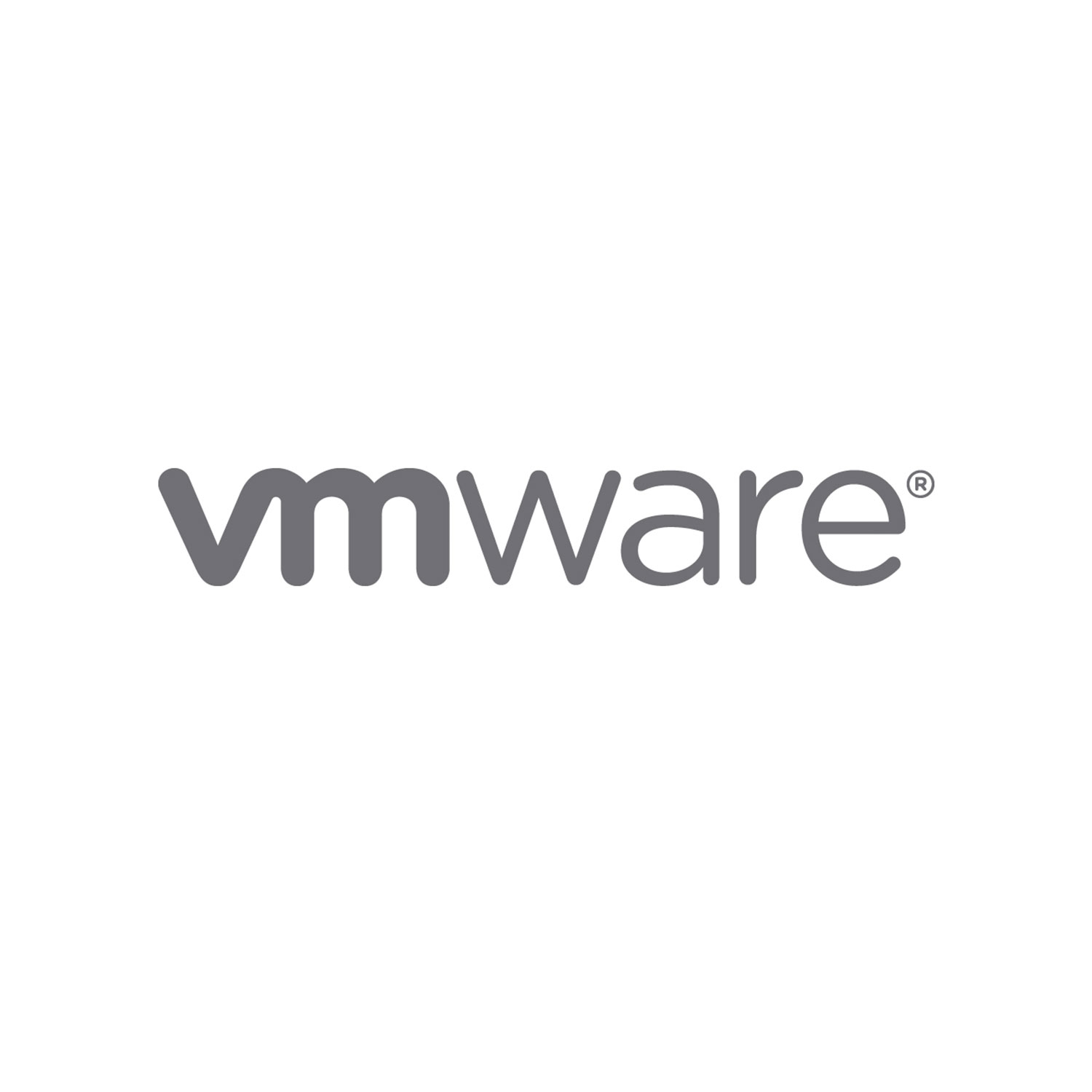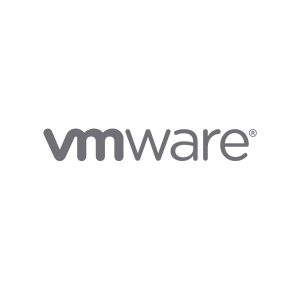Description
About This Course
This hands-on training course explores new features in VMware® vCenter Server™ 5.5 and VMware ESXi™ 5.5. Topics include VMware vSphere® 5.5 installation and how to upgrade from vSphere 4.x to vSphere 5.5.
Students who complete this course may enroll in any of several advanced vSphere 5.5 courses.
Prerequisites
Attendance at one of these VMware vSphere 4 courses:
- Install, Configure, Manage
- Fast Track
- What’s New
Or equivalent vSphere 4 administration experience
Course Objectives:
By the end of the course, you should have an understanding of the functions and features in vSphere 5.5 and be able to do the meet the following objectives:
- List and describe key enhancements in vSphere 5
- Describe the upgrade process from vSphere 4.x to vSphere 5.5
- Use VMware® vCenter™ Server Appliance™ and the VMware vSphere® Web Client to manage the vSphere platform
- Understand how VMware® vCenter™ Single Sign-On™ works
- Upgrade and manage a VMware vSphere® VMFS-5 datastore
- Create a port mirroring session
- Configure virtual machine storage policies
- Create a datastore cluster and configure VMware vSphere® Storage DRS™
- Monitor VMware vSphere® High Availability cluster activity
- Use VMware vSphere® Auto Deploy™ to provision an ESXi host
Course Outline
Lesson 1: Course Introduction
-
Introductions and course logistics
-
Course objectives
-
vSphere 5 documentation resources
Lesson 2:Introducing VMware vSphere 5.5
-
Describe key enhancements in ESXi and vCenter Server
-
Describe the upgrade process from vSphere 4.x to vSphere 5.5
-
Use vCenter Server Appliance to manage the vSphere platform
-
Use the vSphere Web Client to search for objects and view object information
-
Use vCenter Single Sign-On to add users and assign roles
Lesson 3:Virtual Machine Management
-
Describe virtual machine hardware features introduced in vSphere 5.x
-
Describe virtual machine enhancements introduced in vSphere 5.5
Lesson 4:Network Management
-
Describe new features of distributed switches, including network rollback, exporting, importing, and restoring a distributed switch configuration, traffic filtering and marking policy, NetFlow, port mirroring, Link Aggregation Control Protocol, Link Layer Discover Protocol, Single Root I/O Virtualization, and health check
-
Describe enhancements to VMware vSphere® Network I/O Control
-
Configure and test port mirroring
Lesson 5:Storage Management
-
Describe new storage features, including VMFS-5, Fibre Channel over Ethernet software adapters, virtual machine storage policies, VMware vSphere® Flash Read Cache™, and VMware® Virtual SAN™
-
Describe enhancements to VMware vSphere® Storage vMotion®, solid-state drive support, and VMware vSphere® Storage APIs – Array Integration
-
Upgrade VMFS-3 to VMFS-5
-
Create user-defined storage capabilities and virtual machine storage policies
Lesson 6:Scalability
-
Describe vSphere Storage DRS and VMware vSphere® Storage I/O Control
-
Create a datastore cluster
-
Configure vSphere Storage DRS
Lesson 7:Availability
-
Describe the features, benefits, and architecture of VMware vSphere® Data Protection™
-
Describe the features, benefits, and architecture of VMware vSphere® Replication
-
Describe the enhancements to vSphere HA
-
Monitor vSphere HA cluster activity
Lesson 8:VMware vSphere Deployment Alternatives
-
Use VMware vSphere® ESXi™ Image Builder CLI to create and export an image profile
-
Use vSphere Auto Deploy to provision an ESXi host
Who Should Attend
-
System administrators
-
IT managers
-
System architects
-
People responsible for implementing or managing vSphere environments


